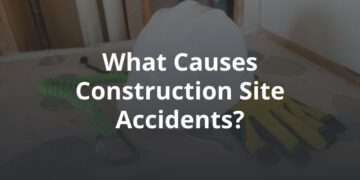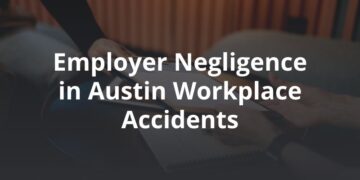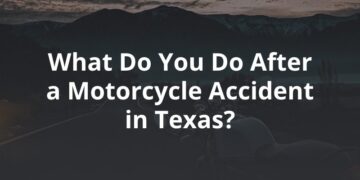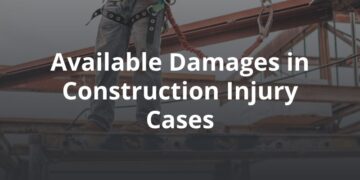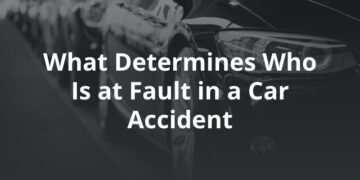Roadside workers, such as law enforcement officers and first responders, are at high risk of suffering serious or even fatal injuries if they get struck by motor vehicles on the job. Texas consistently has the highest number of work zone fatalities in the country. In an effort to reduce the frequency of these deadly collisions, Texas has a “Move Over or Slow Down Law.”
What Is the Move Over or Slow Down Law?
Texas’s Move or Slow Down Law (Texas Transportation Code Section 545.157) requires motor vehicle drivers to switch lanes to put at least one lane between their cars and roadside workers when on a highway with two or more lanes of traffic traveling in the same direction.
If this cannot safely be accomplished, drivers are required to reduce their traveling speeds to 20 miles per hour (mph) below the posted speed limit or – if the speed limit is 25 mph or less – reduce their speed to 5 mph.
When Does the Move Over or Slow Down Law Apply?
Under the Texas Move Over or Slow Down Law, “roadside workers” include any of the following individuals or vehicles if they are parked on the side of the road and have their flashing lights on:
- Law enforcement personnel
- Authorized emergency vehicles
- Firetrucks
- Ambulances
- First responders
- Stationary tow trucks
- Utility vehicles
As of September 1, 2013, Texas’s Move Over or Slow Down Law also applies to Texas Department of Transportation (TxDOT) workers. Any driver who sees a TxDOT worker stopped on the side of the road with overhead flashing blue or amber lights must move over or slow down.
What Are the Consequences of Not Moving Over or Slowing Down?
Failing to reduce one’s speed or vacate the lane closest to a roadside worker is against the law in Texas. A violation of the Move Over or Slow Down Law is a misdemeanor crime that is punishable with a fine of up to $200 under Section 542.401 of the Texas Transportation Code.
However, if a violation of the Move Over or Slow Down Law results in property damage, the infraction is upgraded to a fine of $500. Finally, if the violation results in bodily injury to one or more people, it is enhanced to a Class B misdemeanor with up to $2,000 in fines.
Liability in a Roadside Accident Case
In addition to facing fines and potential criminal charges for failing to move over or slow down when the law requires it, a driver could also be held civilly responsible for a related car accident. This means the at-fault driver’s car insurance company may have to pay for a victim’s medical bills and property damage. A car accident claim brought against the at-fault driver could lead to financial compensation for the injured victim or his or her family.
Were You Injured in a Roadside Accident? Contact a Car Accident Attorney in Austin for Help
Texas’s Move Over or Slow Down Law is a critical piece of safety legislation that, if violated, can lead to severe and catastrophic roadside accidents. If you or someone you love was struck by a car while parked on the side of the road as an authorized emergency personnel or TxDOT worker, the Austin personal injury attorneys at FVF Law can help you understand your legal rights. The at-fault driver may be responsible for your losses.
Our Austin car accident lawyers have over 100 years of combined legal experience. Call (512) 865-5941 today to request a free case review.
